
In order to run effectively and provide high-quality care for patients, the NHS uses an enormous amount of products and materials every day. These range from sanitary items such as paper towels to complex and expensive medical equipment.
The process of identifying, locating, and acquiring these products is what is known as procurement and is part of the overall NHS Supply Chain strategy. Let’s take a look at the supply chain in more detail and discuss how NHS procurement works.
The NHS Supply Chain
The NHS Supply Chain is the body that is responsible for keeping the NHS supplied with goods and products. It was established in 2016 and currently processes more than 4.5 million orders per year. Whether a hospital needs new face masks or an abdominal retractor, the Supply Chain will provide it for them.
What are the Benefits of the NHS Supply Chain?
The NHS Supply Chain is beneficial both for the NHS itself and for external businesses and manufacturers. By using a centralised body, the NHS can ensure that the product procurement process is as smooth and issue-free as possible. What’s more, the NHS Supply Chain uses clinical advice in its operations, ensuring that the products it secures are fit for purpose.
Manufacturers also benefit from the NHS Supply Chain. It offers them a direct route to sell products to the NHS with minimal red tape or regulatory difficulties. The Supply Chain’s large network also allows businesses to make savings on transport and distribution.
Identifying Products and Suppliers
When the NHS is procuring products, it must undergo a comprehensive product identification and supplier review process. New medical instruments and tools are being developed all the time, so the NHS must constantly be monitoring the market for new products that could potentially improve patient care.
When a product has been identified, the supplier must then be reviewed to ensure they are following the correct manufacturing protocols and that they are reputable and legitimate. The supplier must be able to produce the required volume of the product and do so while adhering to health and safety laws.
Trialing and Buying Products
Before the NHS moves ahead and purchases a new medical product, it must first be trialled to ensure it functions correctly and safely. These preliminary tests are absolutely vital. They are done to guarantee that a product can carry out its intended function and that it does not pose a risk to either patients or medical professionals.
After a successful trial period, the NHS will then buy the product. However, the buying process is strictly controlled to ensure budget structures are adhered to. The NHS buys £27 billion worth of goods and services every year, so it’s important that spending is controlled wherever possible.
Conclusion
Successful procurement is a fundamental cornerstone of the NHS. Without an effective procurement strategy, the health service would not be able to provide the level and scale of care that it does. The NHS Supply Chain oversees the process and is responsible for ensuring the NHS is well equipped and stocked up with everything it needs.

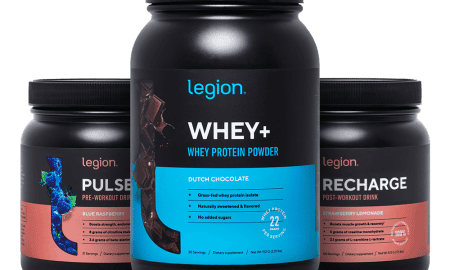
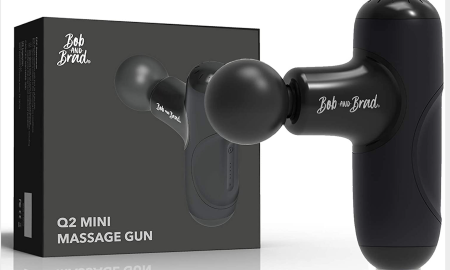
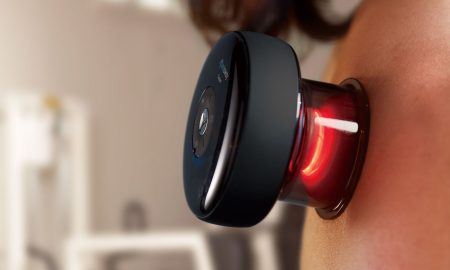
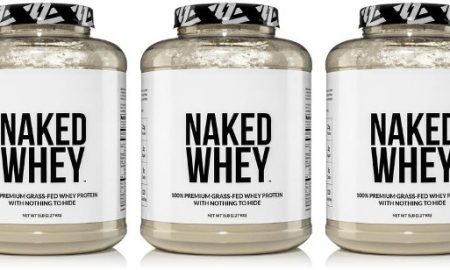
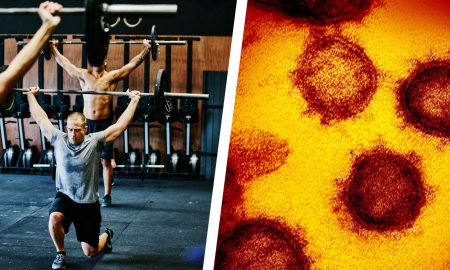

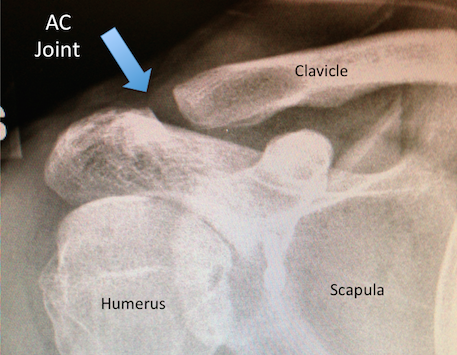




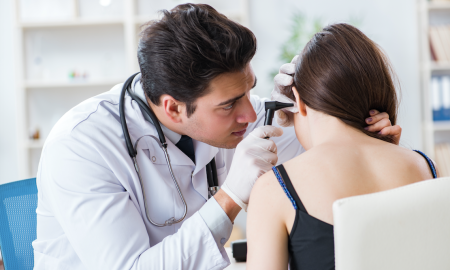





Follow Us